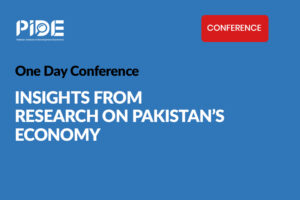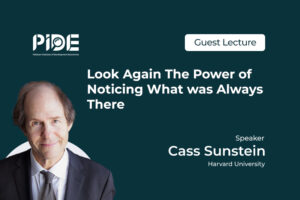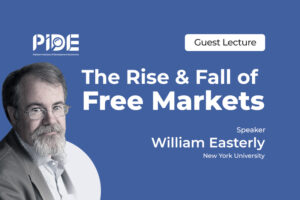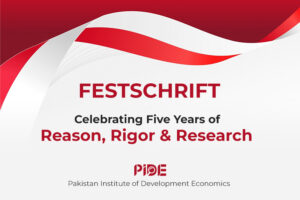As cities become habitat for most of humanity, the question of their ecological capacity to sustain lives worth living becomes all the more critical. Yet when we listen closely to debates about city planning and governance, and carefully observe urban environmental campaigns on the ground, we notice that they have little to do with ecology or justice. Instead, they often worsen living conditions and deepen social distress. Why is this so? To answer this question, Uncivil City looks at two decades of environmental politics in Delhi, across homes and workplaces, ordinary streets and extraordinary spectacles, the river and the Ridge. It argues that the terms of the discourse—what is an environmental issue, who is authorized to speak, and which modes of action count as legitimate—are partial, particularistic and perverse. ‘Bourgeois environmentalists’ who claim to speak in the public interest, for Nature and Society, have made the city what it is: unfair and unlivable. Only citizenship and civility will save the commons—air, water, space and trees—upon which cities depend for survival.







